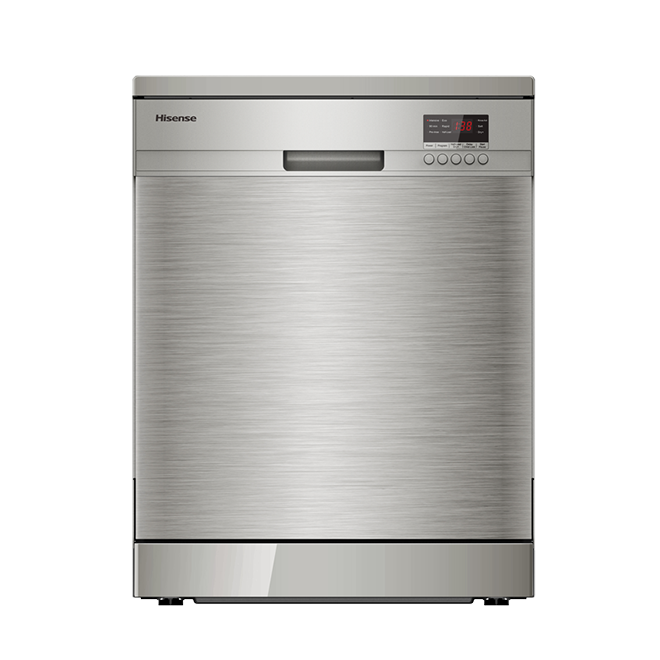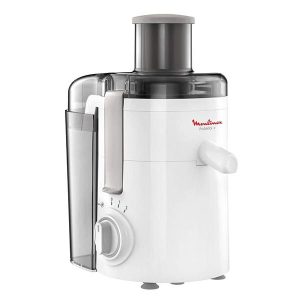Introduction:
As we strive for a more sustainable future in Uganda, embracing energy-saving practices is not only responsible but also cost-effective. By adopting these top 10 energy-saving tips, you can contribute to a greener environment while keeping more money in your pocket. Let’s explore these simple yet impactful changes you can make in your everyday life.
Switch Off Lights and Appliances:
Start with the basics – turn off lights and electrical appliances when not in use. It’s a small change that can yield significant energy savings over time.
Switch to LED Light Globes:
Light up your home with energy-efficient LED globes. They last longer and consume less electricity than traditional bulbs, making them an excellent investment for both your wallet and the environment.
Shut Doors and Close Curtains:
Efficiently manage your indoor climate by closing doors to unused spaces and exclusively regulating the temperature in the rooms you frequently occupy. During colder seasons, enhance insulation by ensuring that curtains or blinds effectively seal your windows. Prevent the escape of cool air by blocking draughts around doors and windows. In warmer months, maintain a comfortable interior temperature by keeping curtains closed during the day. Consider installing external blinds or canvas awnings to further minimize heat absorption and keep your residence cooler.
Optimize Laundry Practices:
Enhance the eco-friendliness and cost-effectiveness of your laundry routine by waiting until your washing machine is fully loaded before starting a cycle. Opt for washing clothes in cold water, a practice that can save approximately UGX500,000 per year compared to hot water cycles. Additionally, choose the shortest suitable washing cycle to minimize both time and energy consumption. Reduce your environmental impact by air-drying your clothes either outdoors or indoors with the assistance of a fan, as clothes dryers consume significant amounts of energy. These simple adjustments contribute to more sustainable and economical laundry practices.
Understand and Improve Home Energy Use:
Conducting an energy audit is a crucial step in pinpointing areas where your home may be losing energy. From sealing drafts and insulating walls to selecting appliances with high energy efficiency ratings, such as those with an A+++ classification, understanding your home’s energy dynamics can lead to substantial long-term savings. By assessing and optimizing various aspects of your home’s energy consumption, you not only enhance sustainability but also make informed choices that contribute to significant reductions in utility costs over time.
Save energy in the Kitchen:
Fridge
Your fridge runs 24/7 and is one of your most expensive appliances.
- The ideal fridge temperature for your freezer is 4 or 5 degrees Celsius and -15 to -18 degrees.
- Ensure the fridge door seal is tight and that no gaps or cracks let cold air escape.
- If you have a second fridge or freezer, only turn it on when needed.
Cooking
- Put frozen food in your fridge in the morning to thaw out and reduce cooking time in the evening.
- When cooking, use the microwave when you can. Microwaves use much less energy than an electric oven.
- Using a stove, keep lids on pots to reduce cooking time.
- Plan to cook more and have leftover meals for the next day or the whole week. Keep leftover meals in the freezer.
Dishwasher
- Use the economy cycle on your dishwasher, and only run it when it’s full.
Manage Heating and Cooling:
Use programmable thermostats to regulate your home’s temperature, keeping it comfortable when needed and conserving energy when you’re away. Regular maintenance of heating and cooling systems is also key to optimal performance.
Unplug devices when not in use:
Many electronic devices continue to consume energy even when turned off. By unplugging them when not in use or using a power strip to easily disconnect multiple devices, you can prevent this “phantom” energy consumption and save on your electricity bill.
Insulate Your Roof:
Insulation is a game-changer when it comes to maintaining a consistent temperature in your home. Proper roof insulation helps keep your living spaces cooler in the heat and warmer in the cold, reducing the need for excessive heating or cooling.
Save Money with Solar Energy:
Invest in solar panels to harness Uganda’s abundant sunlight. Solar energy not only reduces your reliance on the grid but also provides a sustainable and cost-effective power source for your home.
Conclusion:
Incorporating these energy-saving tips into your daily routine can make a substantial impact on your household’s energy consumption. By taking small steps collectively, we can work towards a brighter, more sustainable future for Uganda. Let’s illuminate savings and pave the way for a greener, more energy-efficient home.








